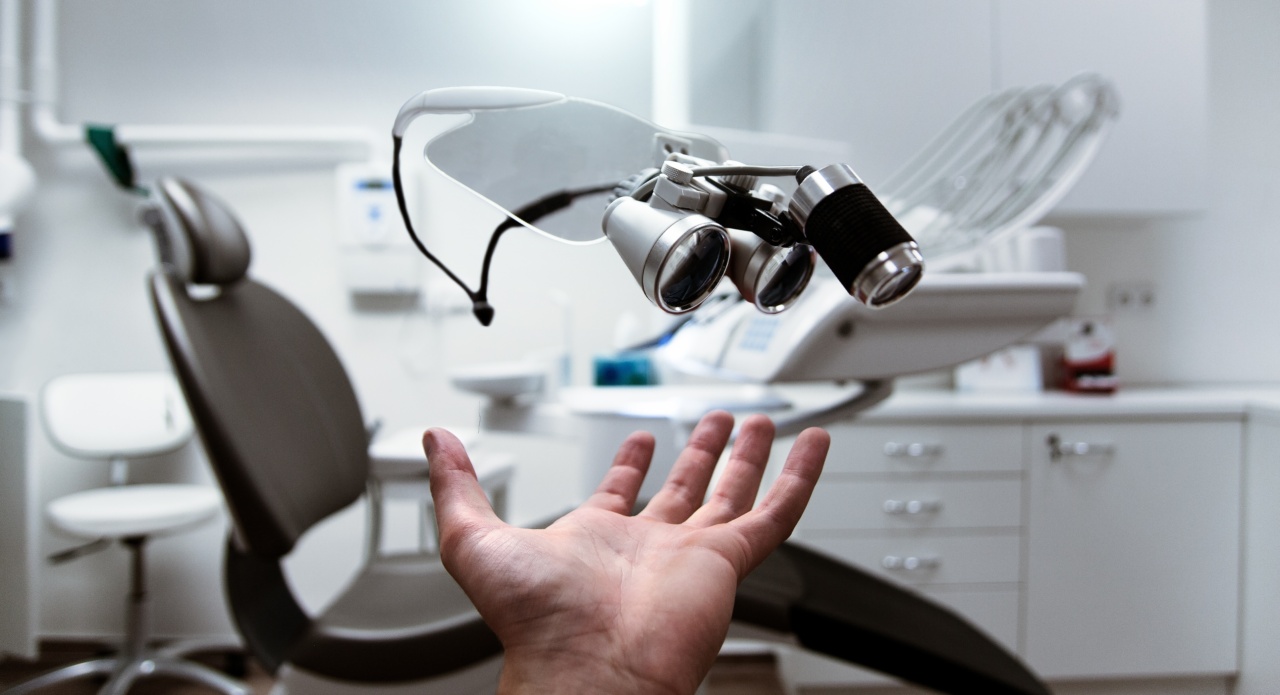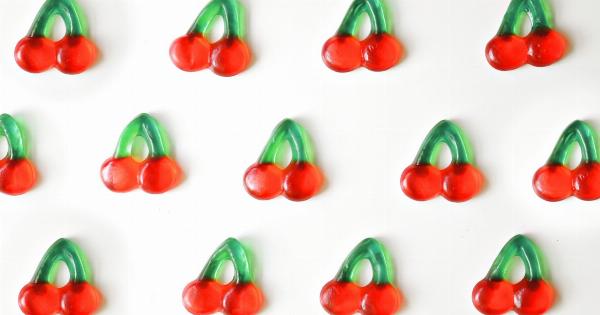When it comes to children’s dental health, there are a variety of factors that can play a role in tooth decay and other oral health issues.
While many parents might not consider medications as one of these factors, the truth is that some common drugs can actually harm children’s teeth and gums. Here are some of the common medications that can damage children’s dental health:.
1. Antibiotics
Antibiotics are commonly prescribed medications for children who have bacterial infections or illnesses that are caused by bacteria.
While antibiotics can be effective in treating these conditions, some types of antibiotics can also cause dental problems. Certain antibiotics can cause tooth discoloration, and can even lead to the development of cavities or other dental issues.
2. Antihistamines
Antihistamines are often used to treat allergies in children. While these medications can provide relief from allergy symptoms, they can also cause dry mouth.
Saliva plays an important role in protecting teeth from decay, so a lack of saliva can put children at risk for dental problems.
3. Asthma inhalers
Asthma inhalers are commonly used by children who have asthma or other respiratory conditions. While inhalers can help these children breathe more easily, they can also cause dry mouth.
As mentioned earlier, a lack of saliva can put children at greater risk for dental cavities and other oral health issues.
4. ADHD medications
Children who have ADHD may be prescribed medications that can help them focus and concentrate. However, some of these medications can also cause dry mouth, which can lead to dental problems if the child’s teeth are not properly cared for.
Additionally, some ADHD medications can cause teeth grinding, which can lead to damage to teeth over time.
5. Antacids
Antacids are often used to relieve heartburn and other digestive problems in children. While these medications can provide relief, they can also cause tooth erosion due to their acidity.
Over time, antacids can weaken the enamel of teeth, making them more susceptible to cavities and other dental problems.
6. Steroids
Steroids are often used to treat inflammation and other conditions in children. While steroids can be effective in treating these conditions, they can also have side effects that affect dental health.
One of the most common side effects of steroids is dry mouth, which as discussed earlier, can put children at greater risk for dental cavities and other problems.
7. Aspirin
Aspirin is a pain reliever that is sometimes given to children who have fevers or other health issues. However, aspirin can be damaging to teeth if it comes into direct contact with the teeth or gums.
This can lead to tooth decay and other problems, so it is important to use aspirin sparingly and avoid putting it directly on teeth.
8. Syrups and cough drops
Many children’s syrups and cough drops contain sugar, which can lead to tooth decay if they are consumed frequently. Additionally, cough drops can stick to teeth and gums, which can cause damage if they are not properly removed.
It is important to use these products sparingly and to encourage children to brush their teeth after they consume them.
9. Vitamin supplements
Many parents give their children vitamin supplements to ensure they are getting the nutrients they need to grow and develop. However, some of these supplements can contain sugar that can lead to tooth decay if they are consumed frequently.
Additionally, some supplements can interact with other medications and cause dental problems.
10. Iron supplements
Iron supplements are often used to treat iron-deficiency anemia in children. While these supplements can be effective in treating anemia, they can also cause tooth discoloration if they are not properly administered.
Additionally, iron supplements can cause dry mouth, which can lead to dental cavities.
Conclusion
While medications can be helpful in treating a variety of health conditions, it is important for parents to be aware of the potential dental side effects of these drugs.
By taking steps to mitigate these side effects and practicing good dental hygiene, parents can help ensure their children maintain healthy teeth and gums.






























